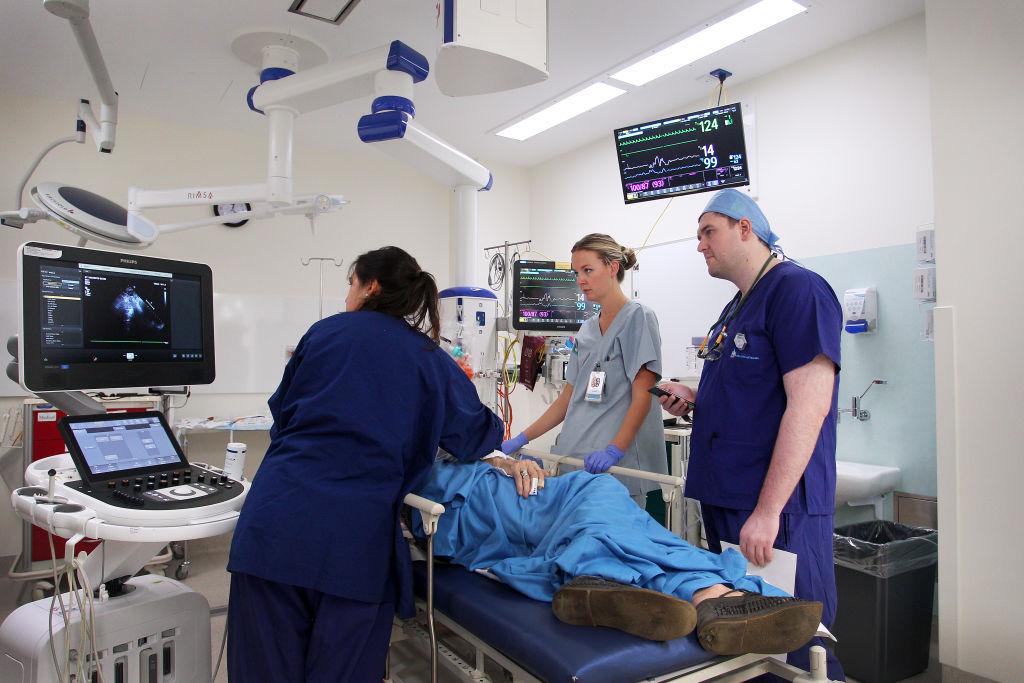Commentary
Sixteen years ago, the University of Sydney applied to buy several hectares of land within the boundary of St. John’s College, intending to construct a new medical building there.

Sixteen years ago, the University of Sydney applied to buy several hectares of land within the boundary of St. John’s College, intending to construct a new medical building there.